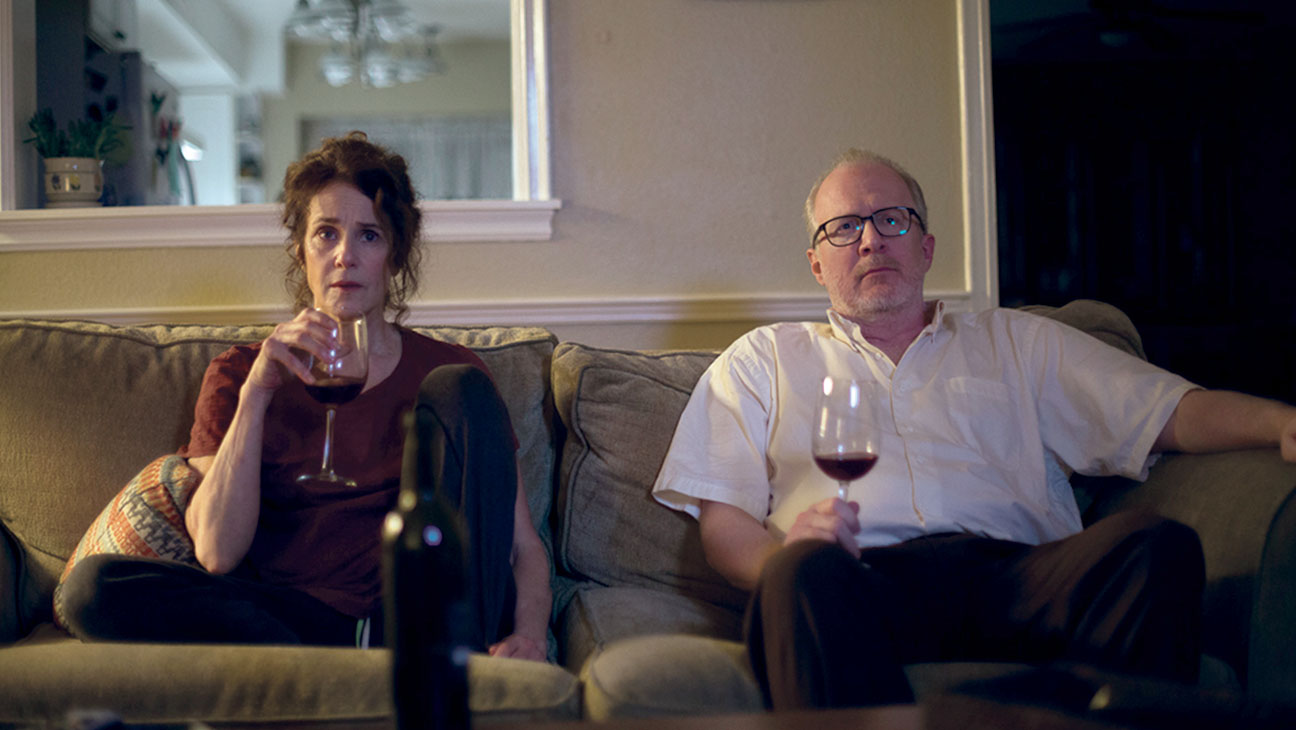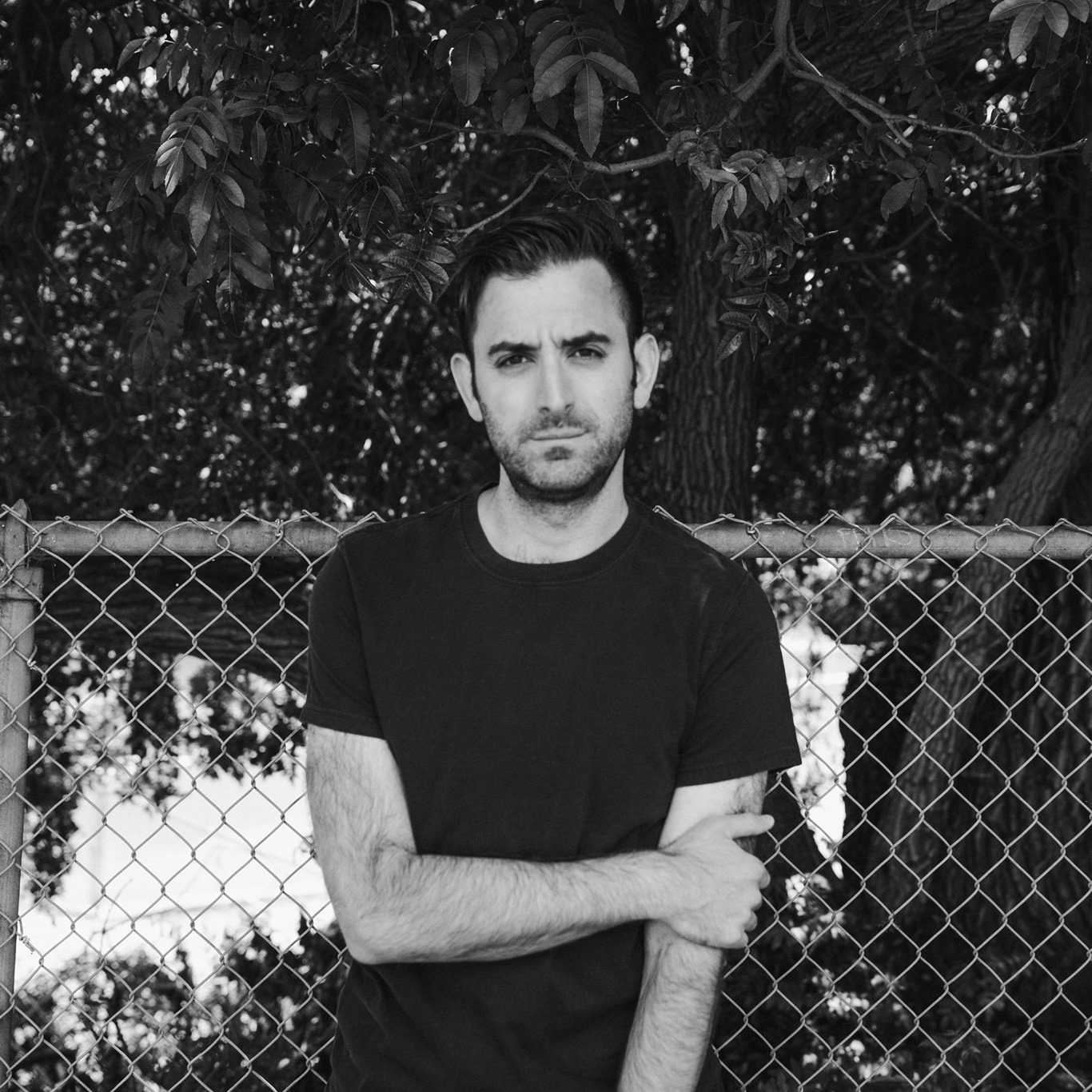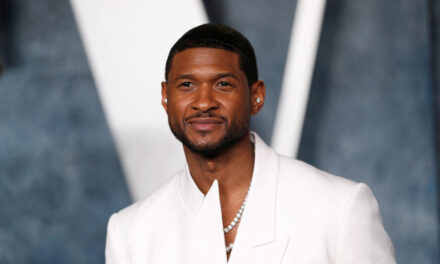The Lovers seems like the sort of film that should get a pass based on the ingenuity of its premise alone. Both members of a distant, dispassionate married couple are embroiled in a secret affair, and just as they both commit to telling the other that the relationship is over, they discover a renewed spark to their relationship that leads them each to question whether they want to leave after all. This sounds like a farce that would allow for rich character dynamics and sufficient commentary on the impracticalities of extended monogamous relationships, but unfortunately in the hands of writer-director Azazel Jacobs, The Lovers seems much more preoccupied with the latter, and even then the conclusions it reaches are so obvious that the tedium to get there isn’t worth the effort.
The root of the problem is in how the characters are broad archetypal sketches of the dissatisfied husband (Tracy Letts), his emotionally unstable mistress (Melora Walters), the similarly dissatisfied wife (Debra Winger), and her Don Juan artistic lover (Aidan Gillen). These archetypes are necessary for the film to set up its message about nonconsensual non-monogamy, but the characters as written have little to no dimensionality beyond their roles as duplicitous cheaters, making it difficult to ground oneself in any character’s perspective long enough for them to be relatable. The film tries to rectify this by leaning into farcical humor, but it often falls flat due to poorly timed delivery that betrays how transparent the attempt to hide the shallowness of these characters actually is.
This might have been forgivable if the point The Lovers opted to make about marital cheating was in any way more than obvious and underwhelming. Jacobs shoots the romantic entanglements and distances between his lying, cheating mouthpieces with a flat dispassion, emphasizing the normalcy of these types of deceptions between people who once, and perhaps still do, love each other. But if there’s a grander point beyond the notion that people are especially duplicitous with the ones they love, it isn’t effectively communicated through the film, particularly because it resolves without any character seeming to have learned from the actions that placed their romances in jeopardy. It’s a wearisome lack of pay-off for a film that doesn’t provide much by way of genuine engagement between the title card and the end credits.
And that’s frustrating, because the technical direction at play is remarkably strong. Even though Jacobs opts for an overbearing classical score that would make Kenneth Lonergan weep for joy, the blocking and framing of shots in The Lovers is a master class in how to communicate character thoughts without having them spell out their emotions through dialogue or exaggerated expressions. All the performances are fantastic works of understatement that would have been enhanced by further glimmers of non-archetypal traits, but even with the limited scope of the material, every performer delivers.
However, technical skill can only take a film so far if it doesn’t have any particularly deep thoughts to back it up, and that’s The Lovers in a nutshell. It’s a pretty film, shot with an eye that implies a prestigious artistry that it just doesn’t have the substance to back up. People in relationships cheat and they are bad at learning from their mistakes, but if that’s the extent of your inspection of those issues, it might be time to take the script back to the drawing board to figure out what exactly you’re intending to say about those obvious truisms. The Lovers needed that treatment, and so we all were cheated out of a better film.













